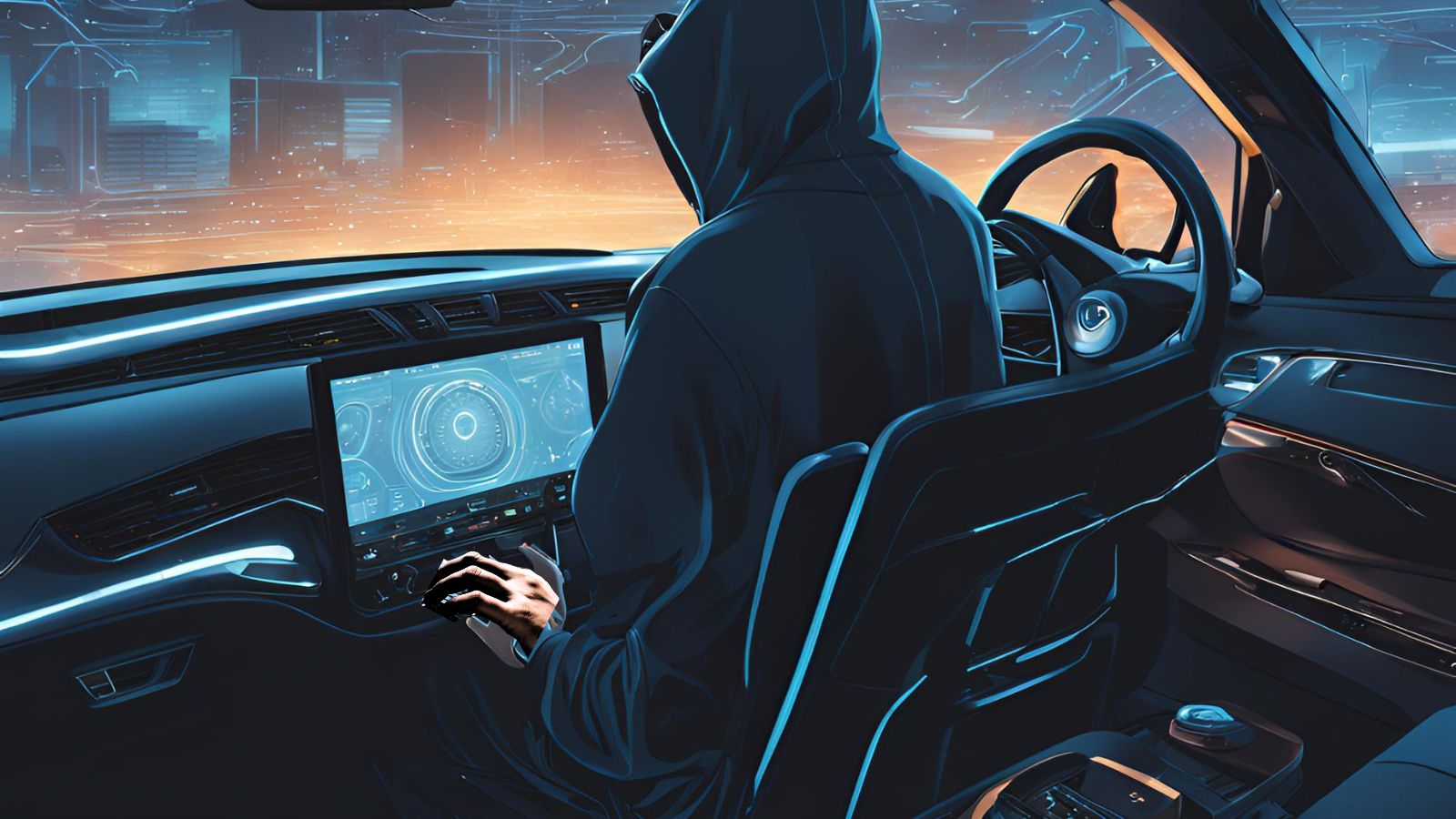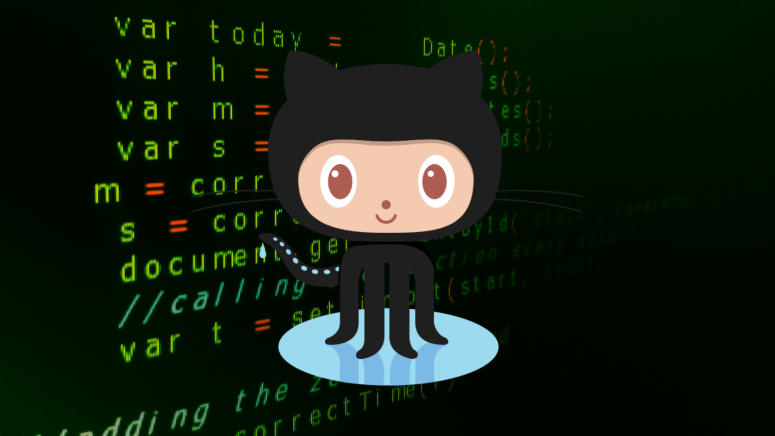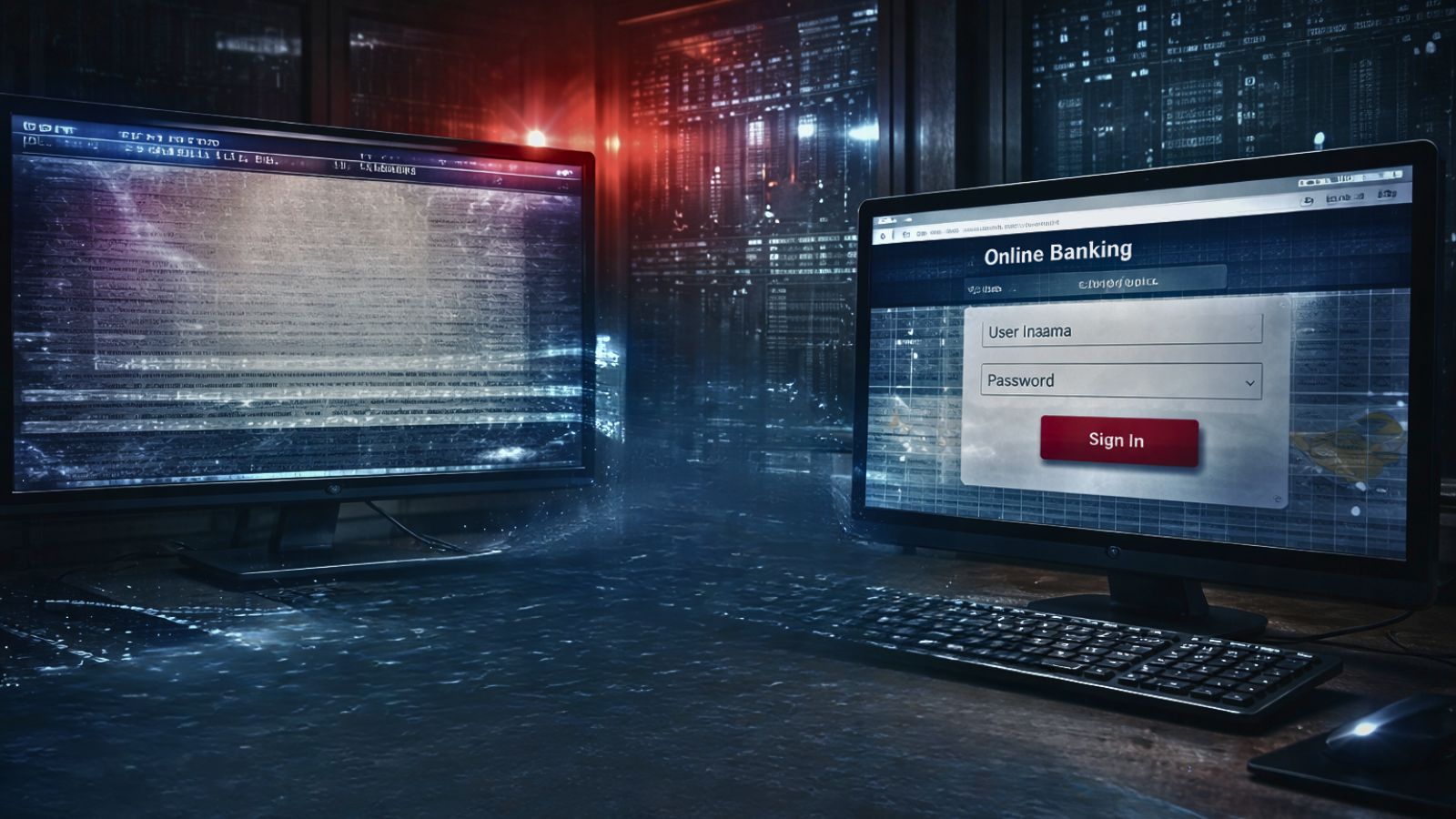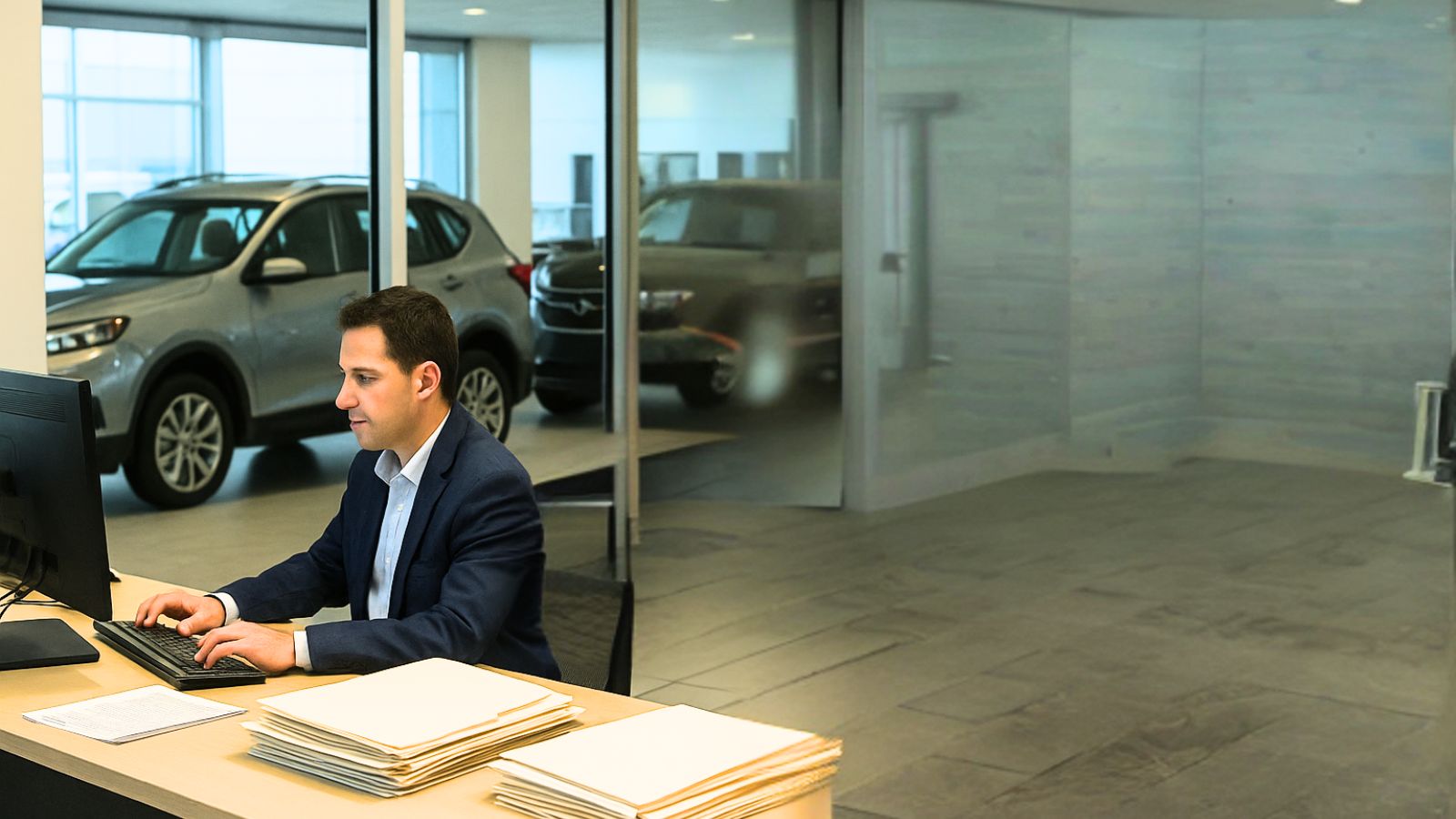
YouTube-DL Has Returned on GitHub and It’ll Stay There
- GitHub has accepted YouTube-DL back in the platform after they got to review the case in-depth.
- The file-hosting platform has previously complied with a dubious DMCA takedown request from the RIAA.
- GitHub is taking one more step to protect open-source projects from similar cases, putting $1 million aside for their defense.
It looks like the YouTube-DL community has won, as GitHub decided to take its side and reinstate the software on the hosting platform. Last month, the RIAA launched a war against the open-source tool, presenting it as a piracy enabler with little to no other use whatsoever. The massive community around it, though, has objected to GitHub’s decision to comply with the DMCA takedown request, saying that YouTube-DL isn’t intrinsically illicit and that, in fact, it is used by many people to download non-copyright protected material from the video platform.
GitHub initially decided to comply with the RIAA request explaining that they had no other legal option at the time. The users were further infuriated by this and started uploading YouTube-DL on various newly created repositories, forcing GitHub’s moderators to work overtime. The response to this wave of support was to threaten these people with permanent bans, but this wasn’t very effective either.
Thus, GitHub was now forced to reinstate YouTube-DL, justifying their late side-swap on receiving additional information that clarifies that the open-source tool isn’t involved in any circumvention. Even if this came after the community forced GitHub in its way, it is a positive development without a doubt. Anything else would create a dangerous precedent, as firms could start sending out DMCAs to whatever projects they don’t like, pushing developers to the corner.
But GitHub isn’t stopping here, as the platform wants to send a strong message of support to the developers that trust it. For this purpose, they announced that they will put one million USD into a "defense fund" that will be allocated to open source projects that find themselves in the dire position of having to fight baseless DMCA takedown requests. Open source projects have limited financial resources and are particularly vulnerable to these actions, so what GitHub is doing deserves applause.
Of course, one more thing that needs to change is the DMCA law, which is obviously not in GitHub's hands. DMCA reforms need to accelerate as developers are already doing damage control where they should be focusing on making their products better.
Copyright holders need to have the power to protect their intellectual property, and there’s absolutely nothing wrong with that. Still, clear boundaries need to be specified in order to separate tool misuse from deliberate enablement. Pirates can misuse YouTube-DL, but downloading copyright-protected media like music videos is neither its sole purpose nor its promotional argument.







